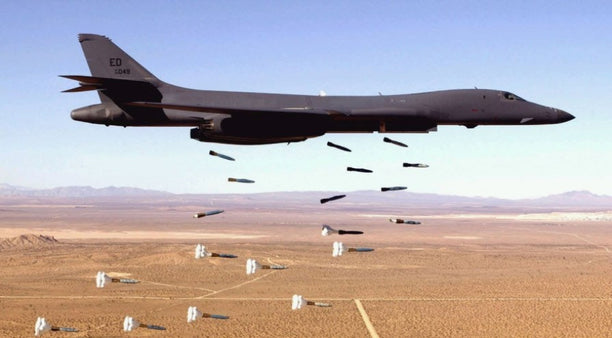
The Profits of the American War Machine
In this excerpt from The Spoils of War, Andrew Cockburn outlines the internal politics of the US military and the lobbying that keeps the American war machine well-funded.

In this excerpt from The Spoils of War, Andrew Cockburn outlines the internal politics of the US military and the lobbying that keeps the American war machine well-funded.
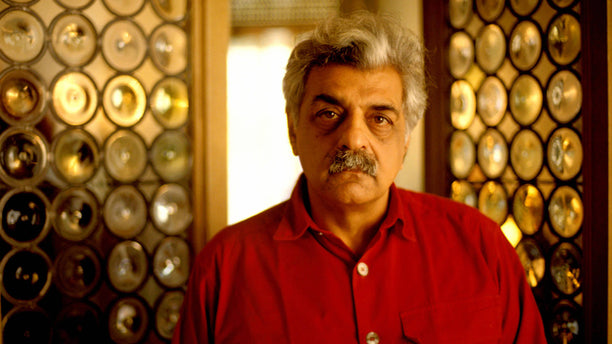
Shortly after the US invasion of Afghanistan, Tariq Ali exchanged a series of letters with Mike O'Brien, the UK Minister of Trade. The correspondence is a fascinating window into the imperial fantasies of the New Labour government in the early days of that doomed adventure.
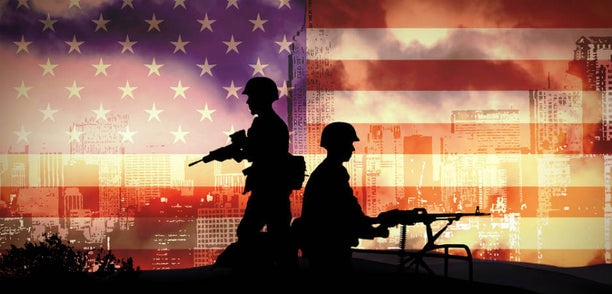
Ayça Çubukçu outlines the logic of humanitarian intervention that has dominated the US approach to international affairs for the last thirty years and asks whether the US withdrawal from Afghanistan marks the end of this paradigm.
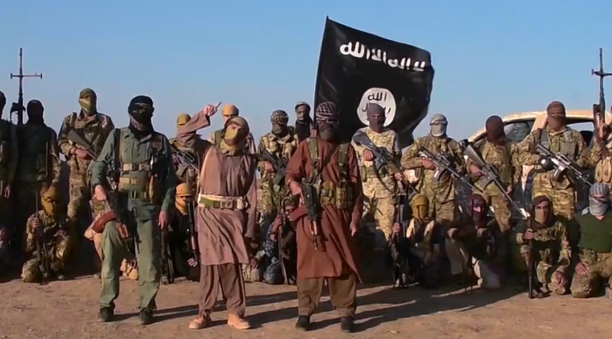
"In her incisive and accessible study of Islamic jihad, Suzy shows how jihad is the ur-form of contemporary politics, no departure from western capitalism but rather an acceleration and crystallization of it."
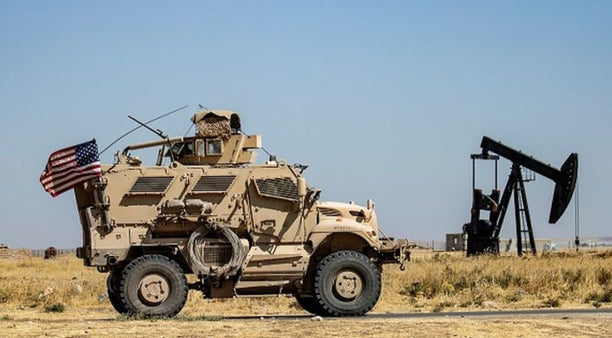
Why does the US go to war? Humanitarianism? To bring freedom and democracy to the unfortunate corners of the world? To save vulnerable populations from dictatorship?
Not likely. Try: self interest.
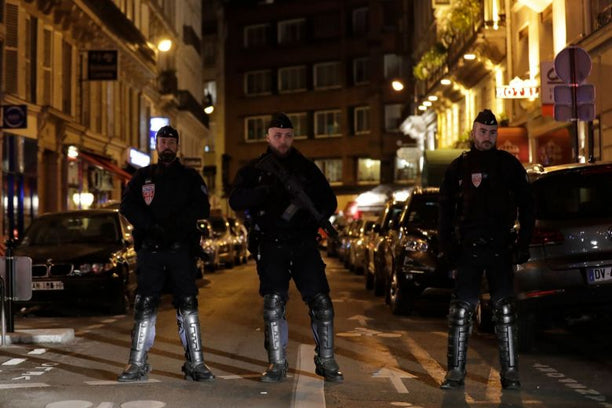
A response to the debate on terrorism and war: the need to avoid escalating forms of repression in the face of attacks by using justice and the rule of law rather than violence.
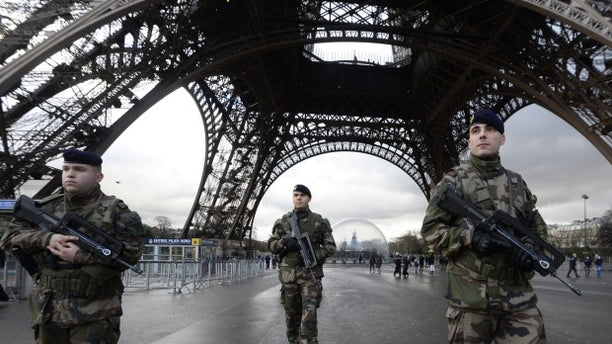
This open letter, signed among others by Virginie Despentes, Adèle Haenel, Annie Ernaux, Jean-François Bayart and Alexis Jenni, deplores the fact that the link between Western military interventions and terrorist attacks is never questioned.
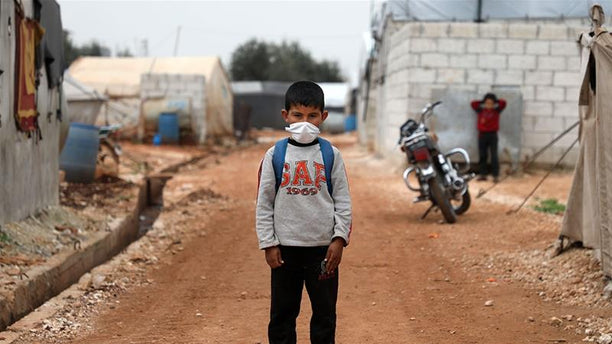
Patrick Cockburn examines the threads between the pandemic and the media's coverage of age of endless war.
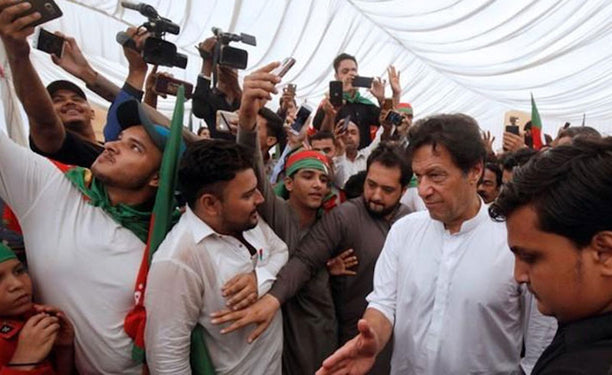
The results of the Pakistani election offer some cause for hope, but no leader will be able to fundamentally reshape the country as long as the economy is choked by structural limitations and the military is able to exploit the War on Terror.
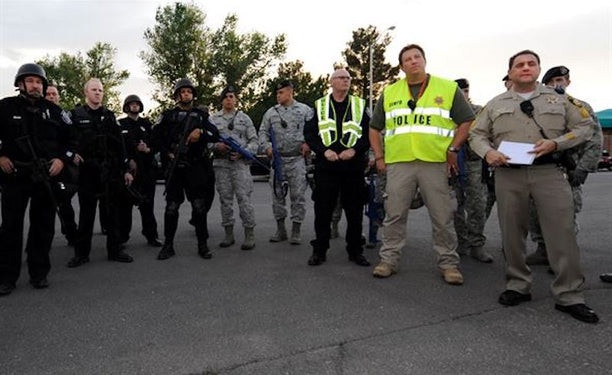
Outbreaks of mass violence must be understood as social problems in need of political solutions rather than criminal justice problems in need of more punishment.
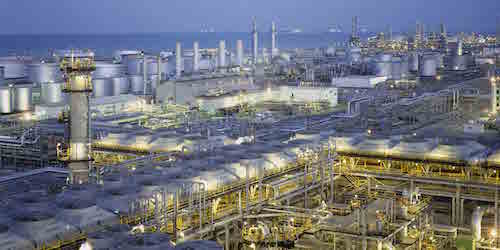

It has become popular today to say that we live in an era of what Benjamin Barber has labelled "Jihad vs. McWorld." The globalising powers of capitalism ("McWorld") are confronted with or resisted by the forces that Barber labels "Jihad" — the variety of tribal particularisms and "narrowly conceived faiths" opposed to the homogenising force of capital. Even those with a critical view of the growth of American empire and the expansion of what is erroneously termed the global market usually subscribe to this interpretation. In fact it is the critics who often argue that we need a better understanding of these local forms of resistance against the "universal" force of the market.
The terms of this debate are quite misleading. We live in an age, to adapt Barber’s nomenclature, of "McJihad." It is an age in which the mechanisms of what we call capitalism appear to operate, in certain critical instances, only by adopting the social force and moral authority of conservative Islamic movements. It may be true that we need a better understanding of the local forces that oppose the globalisation of capital; but, more than this, we need a better understanding of the so-called global forces of capital.
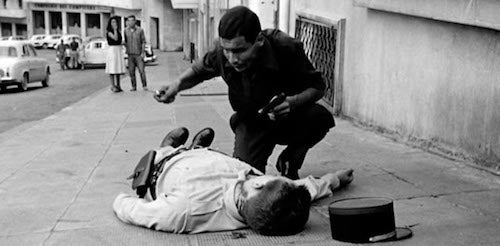
This essay is excerpted from Sohail Daulatzai's Fifty Years of The Battle of Algiers: Past as Prologue, published by the University of Minnesota Press.